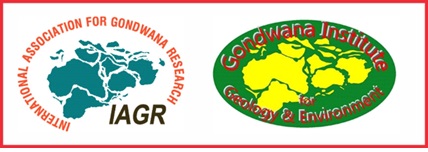Sustainability challenges of mangrove ecosystems in the Anthropocene: Current perspectives and prospects
DOI:
https://doi.org/10.63335/j.hp.2025.0011Keywords:
Mangroves, Sustainability, Resilience, Restoration, ConservationAbstract
Mangrove ecosystems, vital coastal habitats, face unprecedented challenges in the Anthropocene due to the interplay of natural and anthropogenic disturbances. Climate change-driven stressors, including sea level rise, altered precipitation regimes, and increased storm intensity, threaten mangrove survival by modifying hydrological and salinity conditions. Additionally, direct human activities such as land conversion, pollution, and unsustainable resource exploitation contribute to habitat degradation and biodiversity loss. These stressors impact mangroves' ability to provide crucial ecosystem services, including carbon sequestration, coastal protection, and habitat for diverse species. Understanding mangrove responses to these threats is essential for developing effective conservation and management strategies. This review synthesizes scientific literature, policy documents, and case studies to explore sustainability challenges in mangrove conservation. A holistic approach integrating ecological, social, and economic factors is necessary to enhance mangrove resilience. Collaborative efforts among scientists, policymakers, and local communities can drive sustainable management practices, ensuring the long-term health of mangrove ecosystems in the face of global environmental change.
Downloads
Published
Data Availability Statement
Data available from authors upon request
Issue
Section
License
Copyright (c) 2025 © International Association for Gondwana Research & Gondwana Institute for Geology and Environment, Japan

This work is licensed under a Creative Commons Attribution-NonCommercial-NoDerivatives 4.0 International License.
CC Attribution-NonCommercial-NoDerivatives 4.0

